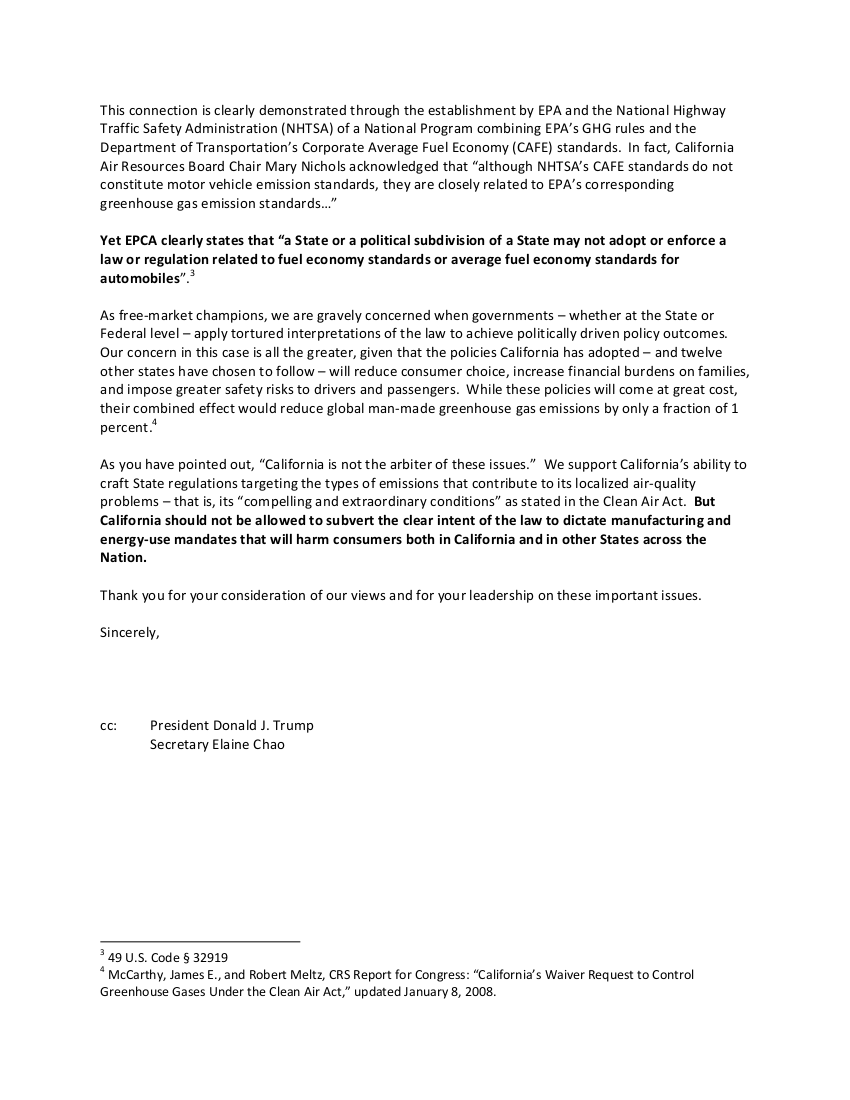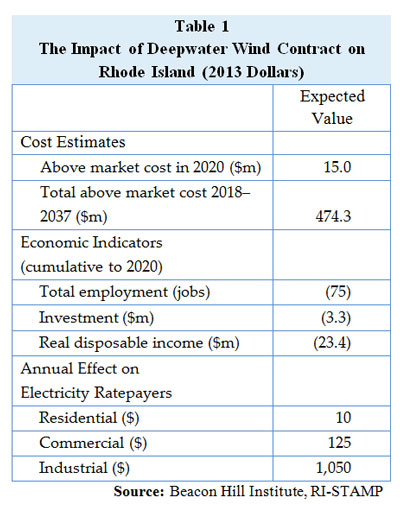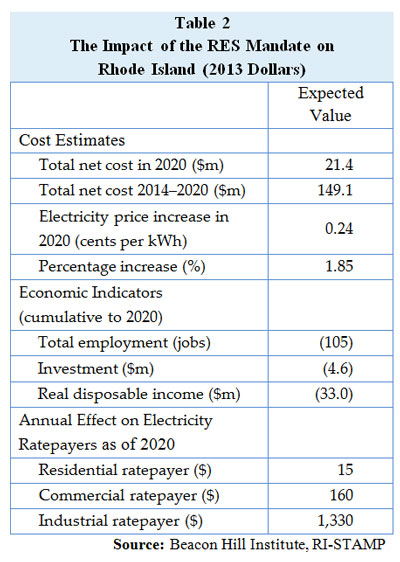FOR IMMEDIATE RELEASE: July 27, 2016
Center Assists National Group in Climate Change ‘Secrecy Pact’ Document Suit Against Rhode Island Attorney General
AG’s Denial of Open Records Request – part of collusion to shut-down political dissent – Legally Challenged
Senator Whitehouse-Led Enemies-of-Free-Speech Conspiracy Cited as Reprehensible
Providence, RI — The RI Center for Freedom & Prosperity (Center) announced that it assisted a national nonprofit organization in a lawsuit, filed today, demanding that the Rhode Island Office of the Attorney General (OAG) release documents they have refused to make public. The legal complaint calls for the release of documents related to AG’s United for Clean Power, a group comprised of politically-motivated AGs from about a dozen states, including Rhode Island, who have secretly teamed up with anti-fossil fuel activists to investigate dozens of organizations that have exercised their free speech by challenging the global warming policy agenda.
The lawsuit was filed in Providence Superior Court by the Free Market Environmental Law Clinic and the Energy & Environmental Legal Institute (E & E Legal). Representing these organization are Virginia attorney Chaim Mandelbaum and Rhode Island attorney Will Wray, an adjunct legal scholar to the Center, who recently won a landmark pension reform case on behalf of the city of Cranston.
The lawsuit calls on the Attorney General’s office to release documents it refused to disclose following a standard access to records request by E & E Legal. Today E & E Legal also issued its own media release on the lawsuit that called the OAG’s claimed exemptions “absurd.”
“In America, we must all remain free to voice our opinions without fear of state-sponsored persecution,” commented Mike Stenhouse, CEO for the Center, which is not itself a plaintiff and otherwise was not associated with the legal strategy. “And whether there is government overreach or not, public officials must not prevent the citizenry of learning of any agreement it may have entered into.”
In a series of April emails obtained by E & E Legal, the RI OAG consented to sign-on to an “agreement” among the larger AG cabal that is colluding to investigate if RICO statutes may have been violated. However, the Rhode Island AG now refuses to make public the group’s ‘Secrecy Pact’ documents related to that taxpayer funded activity.
Recently, under pressure from pro free-speech advocates, several other original AG members have wavered in their support of the group’s heavy-handed tactics, one even withdrawing his subpoena issued to ExxonMobil, which many legal observers saw as an unconstitutional act.
“We believe that General Kilmartin and his fellow enemies of debate are seeking to maintain a cloak of invisibility over the national AG group’s attempt to crush dissent by those who disagree with their radical climate change agenda,” continued Stenhouse, who believes that every American has the right to disagree with their government and to support causes they believe in. “With our state’s own Senator Sheldon Whitehouse among the commandants of this national conspiracy, it is reprehensible that political elitists are colluding to prosecute those who disagree with them on policy.” Whitehouse is among 19 U.S. Senators who have also banded together to attack opponents of climate policies that are harmful to economic growth.
In June, the Center published an energy report that demonstrated how oppressive state renewable energy mandates, as part of the national climate change agenda, will cost taxpayers and ratepayers hundreds of millions of dollars, cause job losses in the thousands, and artificially raise local electricity rates. It is research and advocacy such as this that Kilmartin and his AG group are seeking to muzzle and potentially prosecute as criminal.
Even as Rhode Island Governor Gina Raimondo has similarly signed on with a group of 17 Democrat governors to a separate Governor’s Accord for a New Energy Future, the Center questions whether or not the governor approved Rhode Island’s membership into the activist AG group and its anti-free-speech mission, and whether or not her office authorized the refusal to comply with the records request.
The complaint filed today claims that the OAG violated the Access to Public Records Act, Chapter 38-2 of the Rhode Island General Laws. The lawsuit seeks to vindicate the public’s right to a transparent and open government. The Free Market Environmental Law Clinic and E & E Legal ask the Court to require Attorney General Peter Kilmartin to produce the documents he has attempted to withhold.
When contacted by E & E Legal earlier this month seeking a referral for local counsel to file the lawsuit, the Center directed them to a member of its own organization, attorney Will Wray.
Interested Ocean Staters can follow the lawsuit on Twitter at #ReleaseAGdocs.
About the Center
The nonpartisan RI Center for Freedom & Prosperity is Rhode Island’s premiere free-enterprise research and advocacy organization. The nonprofit Center is funded entirely by private tax-deductible donations and never accepts public funding. The mission of the 501-C-3 organization is to return government to the people by opposing special-interest politics and advancing proven free-market solutions that can transform lives by restoring economic competitiveness, increasing educational opportunities, and protecting individual freedoms.










